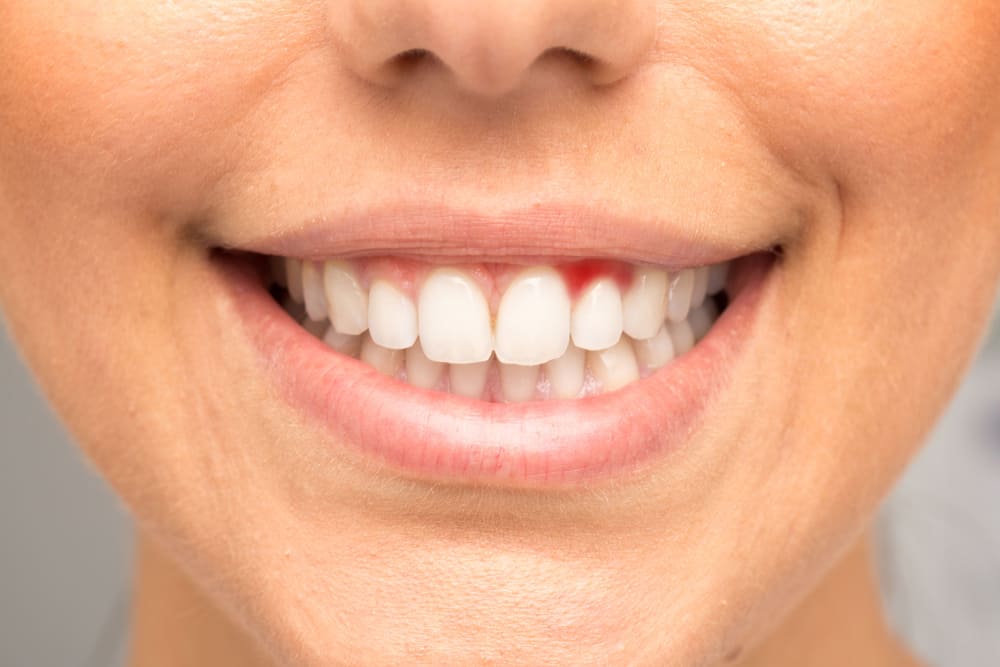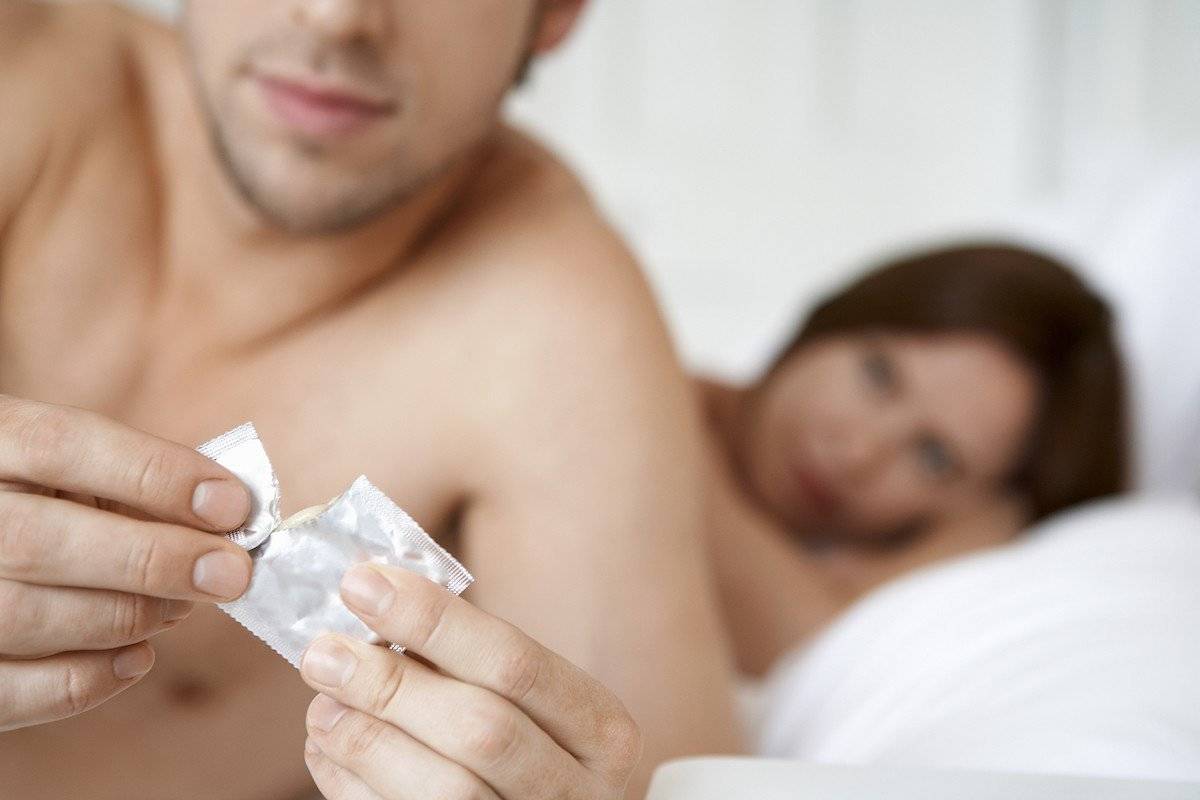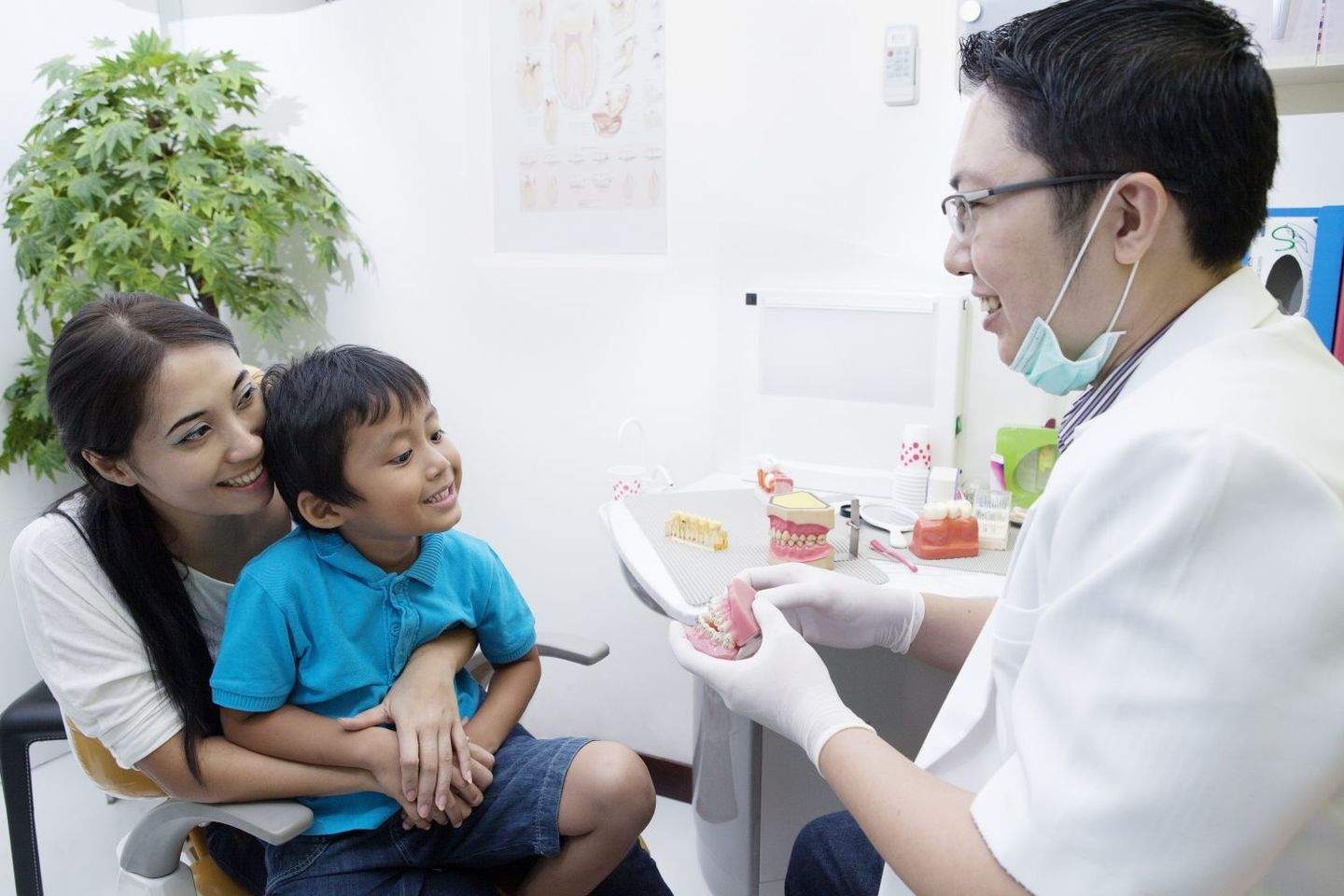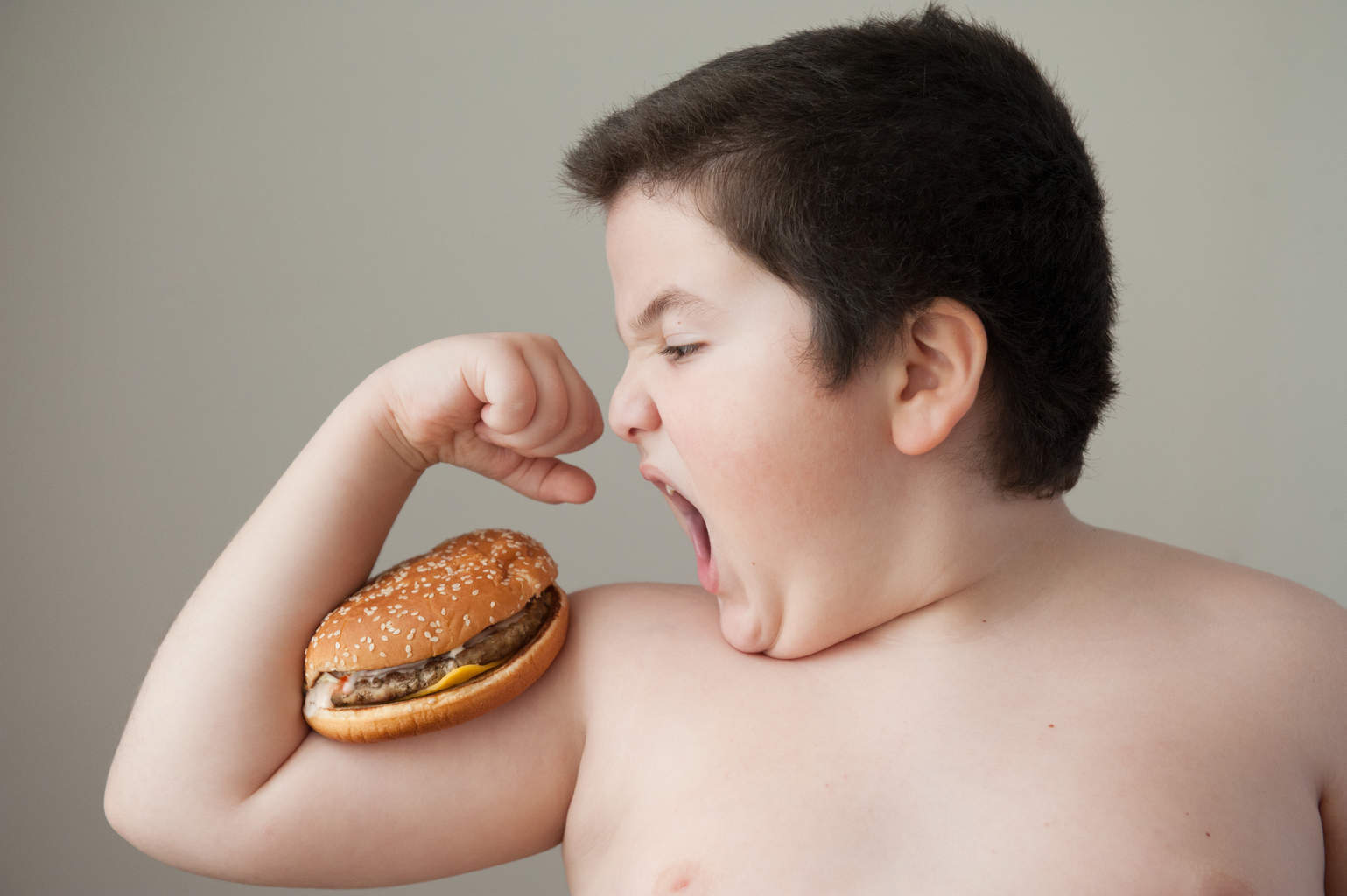Contents:
- Medical Video: Growing Up With Type 1 Diabetes
- Smoke
- Alcohol & medicine
- Alcohol
- Cannabis and other drugs
Medical Video: Growing Up With Type 1 Diabetes
Some teenagers, not all, usually try risky behaviors, such as smoking, using drugs, consuming alcohol, or having unprotected sex. Such behavior can be an additional danger to the health of adolescents who have diabetes.
Eating alcohol, for example, can increase the risk of severe low blood sugar. Smoking greatly increases the risk of early stroke, heart attack, and other diabetes-related complications. It's important to talk with teens about the risks associated with this behavior. It is impossible for them to make wise choices without the right information.
Parents also need to understand that the routine of a person with diabetes can trigger it to rebel. Teenagers can skip blood sugar checks or refuse to be invited to eat. They may not wear their medical alarm bracelets, which can be a help if something bad happens.
Adolescence can also increase stress with all changes, peer pressure, and school pressure. It is very important for teens to try to have a positive attitude, and control stress.
For teens who inject insulin, this rebellious behavior can affect diabetes control. The results interfere with school, hospital admission (due to ketoacidosis), growth or poor weight. In this case, parents must start giving injections and carry out blood sugar checks, regardless of how old the teenager is. Parents must continue to do this until there is tangible evidence that allows teens to care for themselves.
Smoke
One of the best things your teen can do to overcome diabetes and maintain overall health is not to start smoking. Or, if he has started, invite them to stop smoking. We all know that smoking increases the chances of getting various types of cancer. However, smoking also increases the risk of damage to blood vessels, heart attacks, and strokes. People with diabetes already feel the impact.
If your teen has diabetes and smoking, every suction increases the risk of serious health problems. But make sure you also don't smoke. If you smoke, your child who has diabetes will smoke the smoke you smoke. Stop right now so you can improve your own health, and provide healthy space for your child to breathe.
Quitting smoking may be difficult. Teenagers who really want to quit will succeed with the willingness and help of others. Your doctor has experience helping other teens to break the habit. Ask for their help. There may be a smoking cessation program that your teen can take. Here are some points to remember about smoking.
- If you are a non-smoker, don't start smoking!
- If you smoke, stop now!
- Get help from your medical team or nurse. There are proven ways to help people stop.
- If there are other smokers in your home, stop together so you can give each other support.
- Ask friends and family to help and be a supporter of your adolescent's efforts.
- Don't give up fighting to stop smoking! It may take several attempts, but keep doing it.
The day your teen stops smoking, his body will begin to repair body damage and he will lead a healthy life.
Alcohol & medicine
It is common for some young people today to be offered alcohol or drugs, so they have to decide whether they will try it or not. Teenagers with diabetes must think about this decision extra carefully, because diabetes and alcohol drugs or other drugs are not the best mix for their own health.
Alcohol
Alcohol has no nutritional value (except calories), but has a strong effect on blood glucose control. Alcohol is processed in the liver. This part of the liver functions to release sugar into the bloodstream. This can cause low blood glucose levels.
If your teen also consumes insulin or drugs to lower blood glucose, the risk of low blood glucose becomes more serious. If your teen uses diabetes medications, it is very important for them to eat when they drink alcohol to prevent low blood glucose.
In addition, a teenager who is under the influence of alcohol may lose the symptoms of low blood sugar early warning. This may develop quickly into another, more severe problem. If your child faints because blood sugar is too low, drunk friends may not recognize the problem. Other people who are trying to help might cancel their intentions after they smell alcohol on your child's breath and think he just fainted from a hangover.
Another issue to think about is drinking and driving. We all know the dangers involved. Many teens are experimenting with alcohol. If your teen has diabetes, he must be careful to drink and take the necessary steps to be safe and responsible if he chooses to do so.
Cannabis and other drugs
Cannabis can increase appetite and disrupt the process of losing weight. This can also affect judgments about how much food has been eaten, food choices, and balancing food with medicine. In addition, a teenager who is under the influence of marijuana may lose symptoms of low blood sugar early warning.












